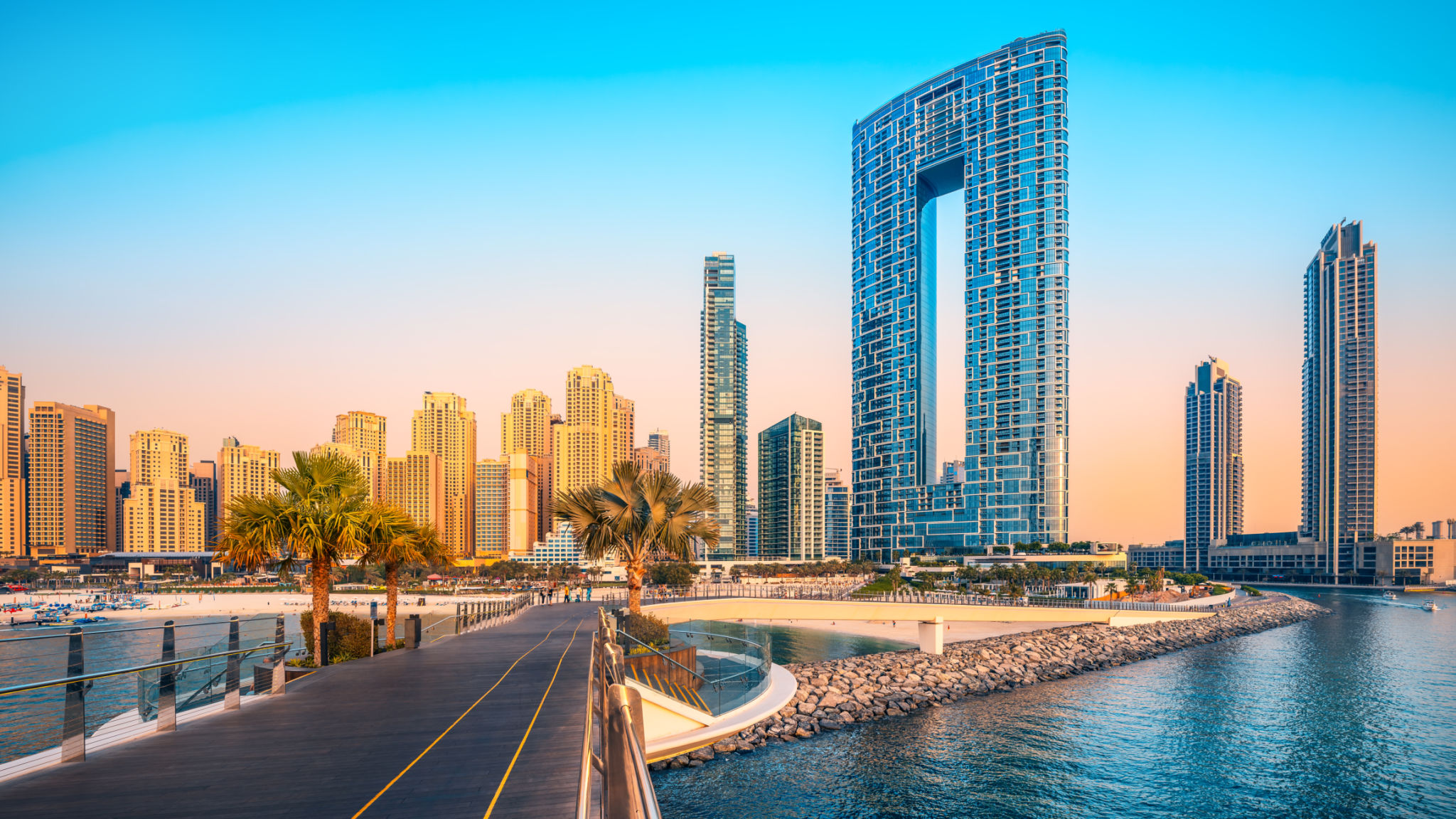Taxation in Dubai: What Expats Need to Know
Understanding the Tax Landscape
Dubai is renowned for its alluring tax-free status, making it a popular destination for expats worldwide. However, while Dubai does not levy personal income taxes, there are important considerations expats should be aware of when relocating to or earning income in this vibrant city. Understanding the tax landscape in Dubai can aid in making informed financial decisions and ensure compliance with local regulations.

Personal Income Tax
One of the most attractive aspects of living in Dubai is the absence of personal income tax. This means that income earned from employment is not subject to taxation, allowing expats to retain more of their earnings. However, it is crucial to consider taxation obligations in your home country, as some countries tax their citizens on worldwide income.
Corporate Taxation
While personal income tax does not exist, corporate entities in Dubai may be subject to taxation. The UAE government has introduced a corporate tax that applies to certain businesses, primarily those involved in oil exploration and production, as well as foreign banks. It's important for business owners and investors to understand the specific requirements and obligations that may pertain to their operations.

Value Added Tax (VAT)
In January 2018, the UAE implemented a Value Added Tax (VAT) at a standard rate of 5%. This tax applies to most goods and services, with some exceptions in specific sectors like healthcare and education. Expats should be mindful of this when purchasing goods or services, as it affects the overall cost of living in Dubai.
Property and Real Estate
For those looking to invest in property or real estate in Dubai, understanding the associated taxes is vital. While there is no annual property tax, there are transaction-related fees such as a one-time property registration fee and a real estate agent commission. Additionally, rental income from property may be subject to taxation depending on your home country's laws.

Social Security Contributions
Expats working in Dubai are generally exempt from making social security contributions. However, this might vary based on bilateral agreements between the UAE and other countries. It is advisable for expats to consult with their employer or a financial advisor to fully understand any social security obligations they may have.
Customs Duties
The UAE imposes customs duties on certain goods imported into the country. The standard rate is 5%, but this can vary depending on the type of goods. Expats bringing personal belongings into Dubai should be aware of these duties to avoid unexpected costs upon arrival.
Final Thoughts
While Dubai offers a favorable tax environment for expats, it is essential to remain informed about any changes in taxation laws and how they might impact your financial situation. Consulting with a tax advisor or legal expert familiar with both UAE laws and your home country's regulations can provide clarity and peace of mind.
Understanding these key aspects of Dubai's tax structure will help expats navigate their financial responsibilities more effectively while enjoying the benefits of living in one of the world's most dynamic cities.